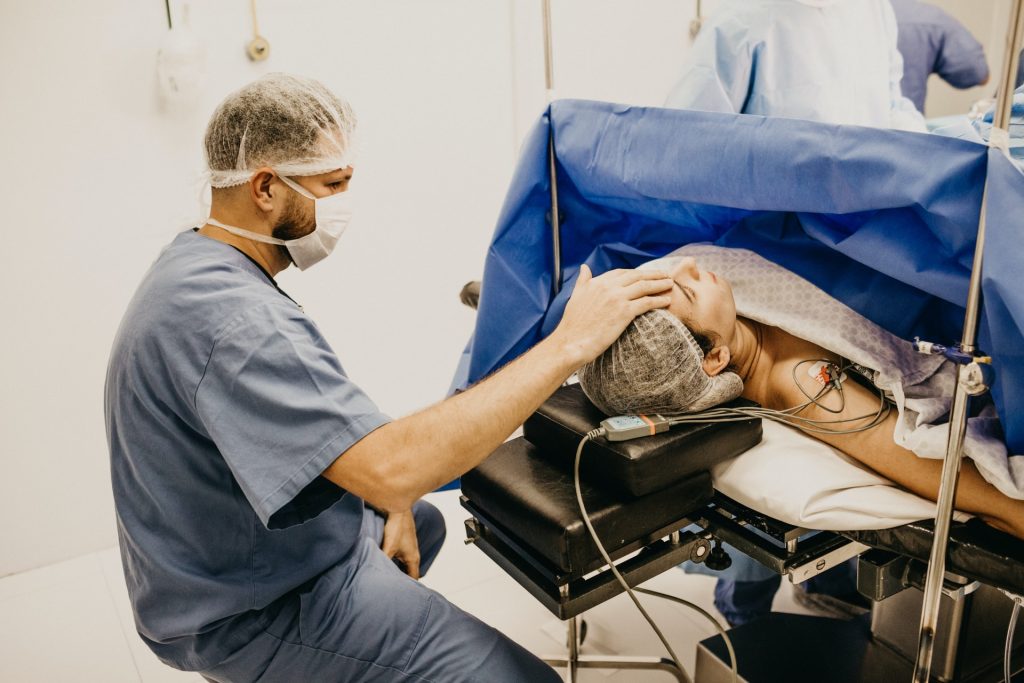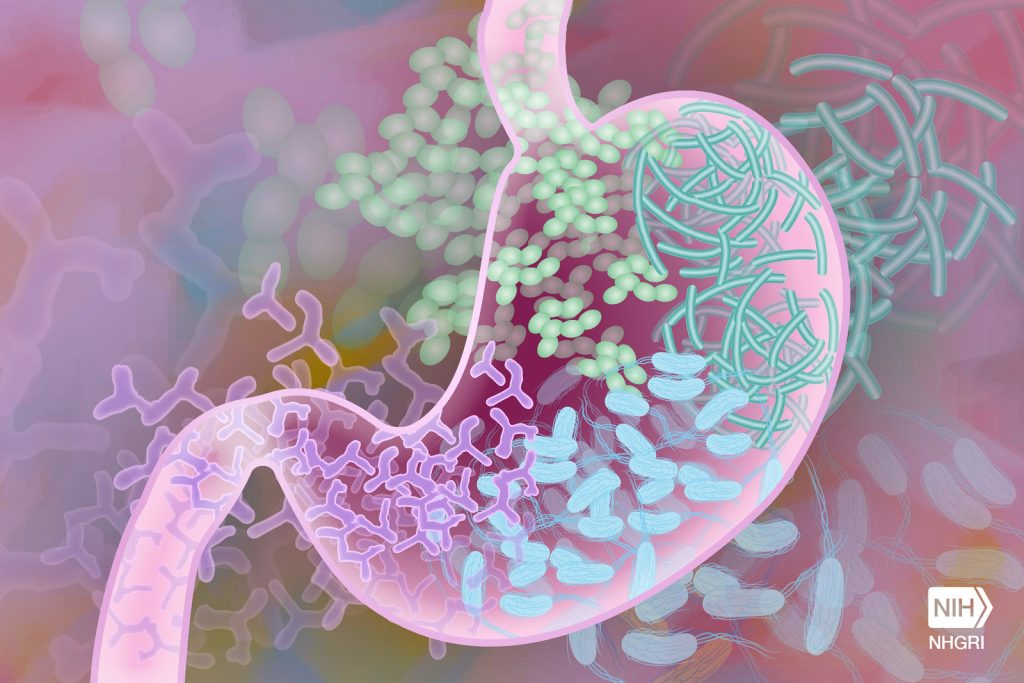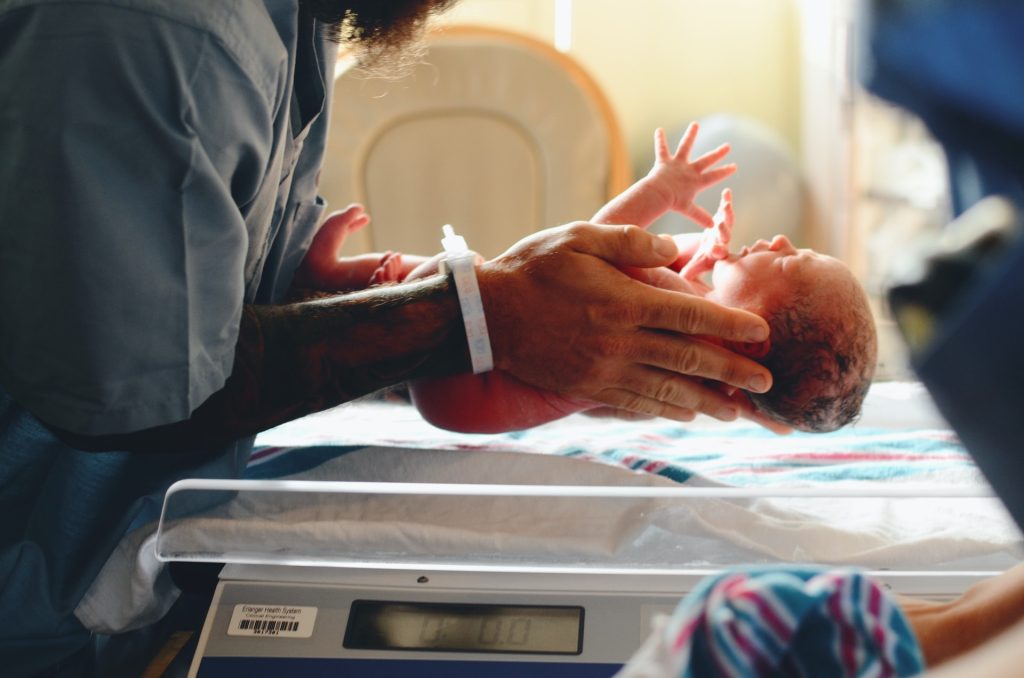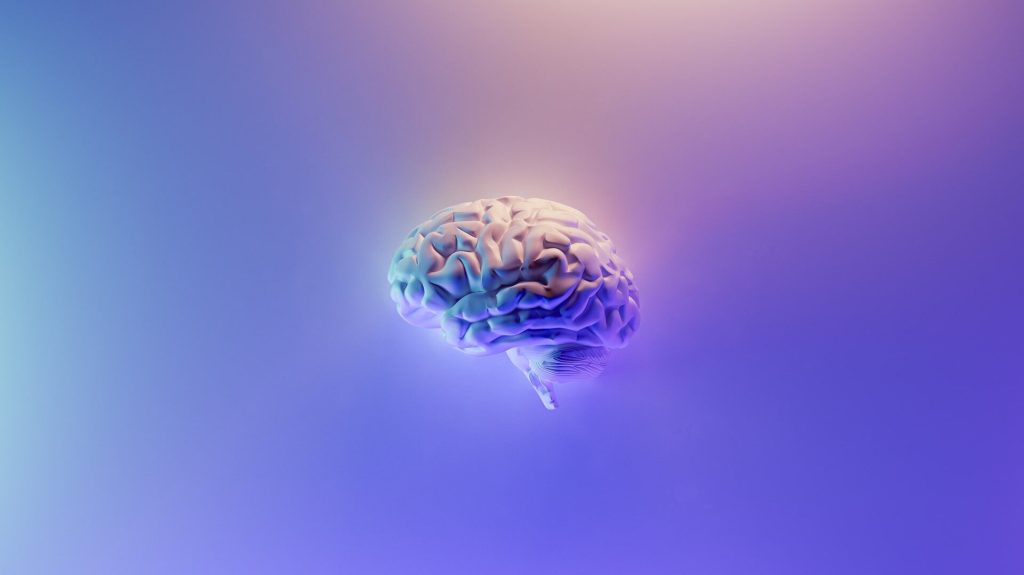Even in Remission, IBD is a Risk Factor for Preterm Birth

Inflammatory bowel disease is a risk factor for giving birth preterm even when in apparent disease remission, according to a study published in the journal eClinicalMedicine. If corroborated, the results may eventually affect recommendations for women with ulcerative colitis wishing to conceive.
Inflammatory bowel disease (IBD) is chronic inflammatory disease with a prevalence of approximately 0.5%. IBD, which includes ulcerative colitis and Crohn’s disease, and – unlike irritable bowel syndrome (IBS) – causes visible damage to the mucosa lining the intestines. IBD is characteristic for its recurrent tendency for symptoms to relapse, followed by periods of remission.
Onset of IBD commonly occurs at age 15–30, so questions about its impact on pregnancy and the foetus are common. IBD has previously been linked to negative birth outcomes, such as preterm birth (< 37 weeks of pregnancy), mainly in women showing signs of active disease.
Also, women without obvious IBD activity often have microscopic inflammation in the intestinal mucosa. Until now, however, it has been unknown whether even microscopic inflammation may be associated with risks in pregnancy.
Higher risk of preterm birth
The present study, shows that microscopic inflammation in IBD, especially ulcerative colitis, is linked to an elevated risk of giving birth prematurely.
Among babies born to women with microscopic inflammation due to IBD, 9.6% were preterm, while 6.5% of children were born preterm to women without microscopic inflammation of IBD. This corresponds to a relative risk increase of 46 percent. Microscopic inflammation was not clearly associated with other adverse pregnancy outcomes, such as growth restriction.
The results are based on register data on women in Sweden, diagnosed with IBD in 1990–2016, in whom information was available on the microscopic appearance of the intestine shortly before pregnancy. The study included 1223 children of women with microscopic IBD inflammation of the intestine and 630 children of women with IBD but with microscopically healed intestinal mucosa.
Through register linkages, data were also retrieved from several national health registers, such as the Swedish Medical Birth Register and the Swedish Quality Register for Inflammatory Bowel Desiease (SWIBREG).
Prospect of new treatment targets
“Our results suggest that IBD treatment aimed at not merely alleviate symptoms of IBD, but also microscopically heal the intestine, can reduce the risk of giving birth preterm,” sayd first author and corresponding author is Karl Mårild, associate professor of paediatrics at Sahlgrenska Academy, University of Gothenburg. “If our results hold up in future studies, they may therefore be the basis for recommendations to confirm microscopic healing before pregnancy, to reduce such risks.”
“Even a modestly increased relative risk of preterm birth is important, given that preterm birth can greatly affect the child’s health in both the short and the long term. Preterm birth is still one of the most common causes of death for children under the age of five in Sweden,” Karl Mårild concludes.
Source: University of Gothenburg





